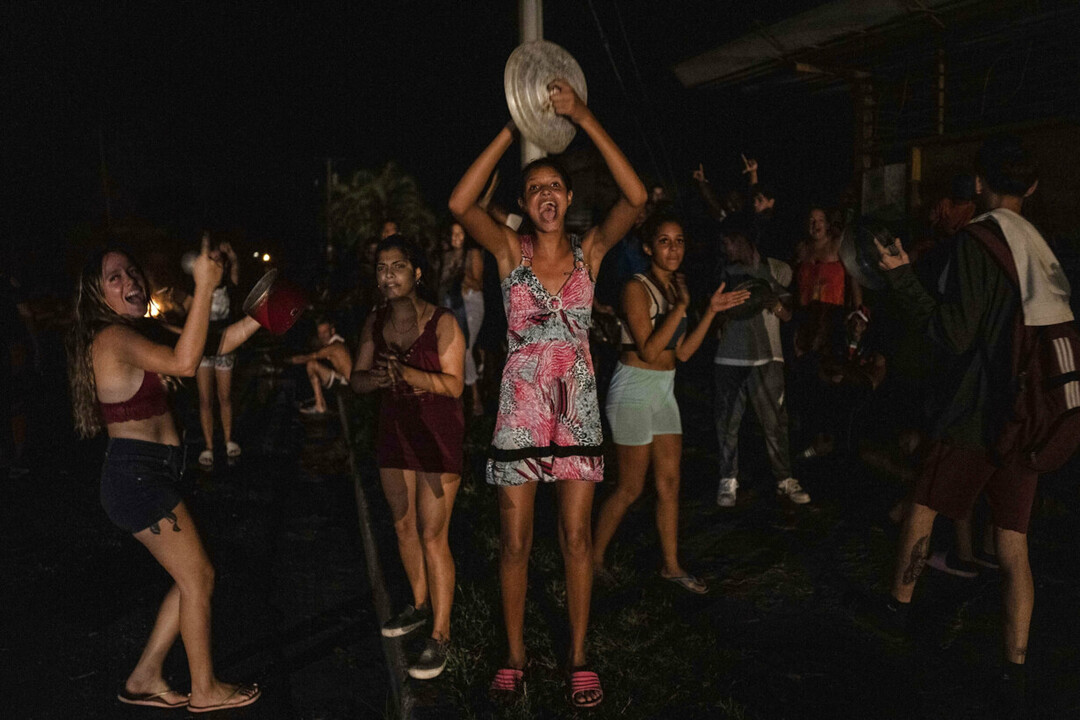
Havana, Cuba – Cuba’s state-run electric company, the Unión Eléctrica (UNE), announced that a staggering 44% of the nation will experience simultaneous blackouts during peak hours on Tuesday, casting a shadow over Christmas Eve celebrations.
The UNE attributed the widespread power outages to a severe shortage of fuel and breakdowns at the country's thermal power plants. According to the company, several generating units at key power stations, including Mariel, Felton, and Renté, are currently out of service due to technical failures. Additionally, 79 distributed generation plants and various other power sources are offline due to fuel shortages.
With a projected maximum generation capacity of 1,736 megawatts against a demand of 2,980 megawatts, the island nation faces a deficit of 1,244 megawatts. The UNE estimates that 1,314 megawatts will be disconnected during peak hours on Tuesday.
Prior to a complete blackout in October, most Cuban provinces had been enduring only three hours of electricity per day. While some areas, such as Havana and provincial capitals, have seen slight improvements, the majority of the country has reverted to these limited power supplies.
Cuba has been grappling with a severe energy crisis for months, with frequent and prolonged blackouts becoming a daily reality for millions of Cubans. In September, the country experienced one of the highest rates of power outages in three months, with 43% of the population affected. The situation worsened in October, leading to widespread blackouts that covered half of the country and culminated in a complete collapse of the national power grid.
In May, Cuban President Miguel Díaz-Canel announced that the country would face "prolonged" power cuts until June due to necessary maintenance work on the energy system. While the government aims to reduce outages during the peak summer months of July and August, Díaz-Canel acknowledged that complete blackouts cannot be entirely avoided given the current state of the grid.
The ongoing power crisis has exacerbated Cuba's economic woes and sparked widespread protests. The most significant demonstrations in decades occurred in July 2021, followed by additional protests in March 2023.
The latest announcement of widespread blackouts on Christmas Eve has further strained public patience and highlighted the dire state of Cuba's energy infrastructure. As the country continues to struggle with economic hardship and political instability, the specter of prolonged power outages looms large over the island nation.
[Copyright (c) Global Economic Times. All Rights Reserved.]





























